9,10-Diphenylanthracene
Synonym(s):9,10-Diphenylanthracene
- CAS NO.:1499-10-1
- Empirical Formula: C26H18
- Molecular Weight: 330.42
- MDL number: MFCD00001253
- EINECS: 216-105-1
- SAFETY DATA SHEET (SDS)
- Update Date: 2023-11-08 17:00:29
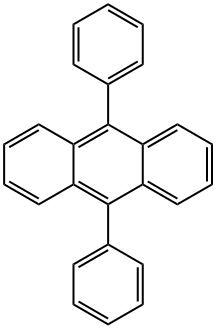
What is 9,10-Diphenylanthracene?
Chemical properties
9,10-Diphenylanthracene is a fluorescent compound, slightly yellow powder with an excitation peak at 314 nm and an emission peak at 302 nm. It is spectrally similar to MCA (7-Methoxycoumarin-4-acetic acid).
The Uses of 9,10-Diphenylanthracene
9,10-Diphenylanthracene acts as a sensitizer in chemiluminescence. It is used in light sticks in order to produce blue light. It is also useful in blue organic light-emitting diodes (OLEDs) and OLED-based displays. Further, it plays an important role in the preparation of 9,10-difluoro-9,10-diphenyl-9,10-dihydro-anthracene. In addition to this, it is used as an organic semiconductor.
Definition
ChEBI: 9,10-diphenylanthracene is a member of the class of anthracenes that is anthracene in which both of the hydrogens on the central ring are substituted by phenyl groups. It has a role as a fluorochrome and a photosensitizing agent.
What are the applications of Application
9,10-Diphenylanthracene is a polycyclic aromatic hydrocarbon and a useful organic semiconductor. 9,10-Diphenylanthracene is also a sensitiser in chemiluminescence. It has applications related to OLEDs and OLED-based displays.
General Description
9,10-Diphenylanthracene, an aromatic hydrocarbon, is a blue light emitting material that is used for the measurement of fluorescence quantum yields in dilute solutions. Its derivatives show potential candidature in organic light emitting diode (OLED) devices. It is also used as a fluorophore for the study of peroxyoxalate chemiluminescence (POCL).
Synthesis
9, 10 – Diphenylanthracene was synthesized via a multistep synthesis using 9, 10 – dibromoanthracene, a Suzuki coupling was performed using phenylboronic acid over a tetrakis(triphenylphosphine)palladium(0) catalyst to form the title compound:
The mixture of 1,3-dibromobenzene (236 mg, 1.0 mmol), phenylboronic acid (271 mg, 2.2 mmol), and Na2CO3 (424 mg, 4 mmol) was taken up in DMF (2 mL) and then ARF-Pd (300 mg, 0.01 mmol Pd) was added. The mixture was heated under N2 at 110 °C for 2.5 h. After cooling, the mixture was diluted with cold H2O (10 mL) and filtered through a cotton bed. The filtrate was extracted with Et2O (3 × 20 mL) and the combined organic extracts were washed with brine (10 mL), dried (Na2SO4), and evaporated. The residue was purified by column chromatography (silica gel, PE) to give 9,10-Diphenylanthracene (4d), yield 90%. Mp 245-247 °C (Lit.36 245-48 °C). IR (Nujol): 1458, 1377 cm-1. 1H NMR (300 MHz, CDCl3): δ = 7.72-7.66 (m, 4 H), 7.62-7.46 (m, 10 H), 7.34-7.29 (m, 4 H). 13C NMR (75 MHz, CDCl3): δ = 139.1, 137.1, 131.3, 129.8, 128.4, 127.4, 126.9, 125.0.
Purification Methods
Crystallise the anthracene from acetic acid or xylene [Baumstark et al. J Org Chem 52 3308 1987]. [Beilstein 5 IV 2807.]
Properties of 9,10-Diphenylanthracene
| Melting point: | 245-248 °C(lit.) |
| Boiling point: | 485°C(lit.) |
| Density | 1.1398 (estimate) |
| refractive index | 1.8430 (estimate) |
| storage temp. | Store below +30°C. |
| form | Fine Crystalline Powder |
| color | Light yellow to beige |
| Water Solubility | INSOLUBLE |
| λmax | 393nm(Cyclohexane)(lit.) |
| BRN | 1914010 |
| Stability: | Stable. Combustible. Incompatible with strong oxidizing agents. |
| CAS DataBase Reference | 1499-10-1(CAS DataBase Reference) |
| NIST Chemistry Reference | Anthracene, 9,10-diphenyl-(1499-10-1) |
| EPA Substance Registry System | Anthracene, 9,10-diphenyl- (1499-10-1) |
Safety information for 9,10-Diphenylanthracene
| Signal word | Warning |
| Pictogram(s) |
 Exclamation Mark Irritant GHS07 |
| GHS Hazard Statements |
H315:Skin corrosion/irritation H319:Serious eye damage/eye irritation H335:Specific target organ toxicity, single exposure;Respiratory tract irritation |
| Precautionary Statement Codes |
P280:Wear protective gloves/protective clothing/eye protection/face protection. P302+P352:IF ON SKIN: wash with plenty of soap and water. |
Computed Descriptors for 9,10-Diphenylanthracene
| InChIKey | FCNCGHJSNVOIKE-UHFFFAOYSA-N |
Abamectin manufacturer
Inventichem
New Products
4-AMINO-TETRAHYDRO-PYRAN-4-CARBOXYLIC ACID HCL 4-(Dimethylamino)tetrahydro-2H-pyran-4-carbonitrile 4-Aminotetrahydropyran-4-carbonitrile Hydrochloride (R)-3-Aminobutanenitrile Hydrochloride 3-((Dimethylamino)methyl)-5-methylhexan-2-one oxalate 1,4-Dioxa-8-azaspiro[4.5]decane 5-Bromo-2-nitropyridine Nimesulide BP Aceclofenac IP/BP/EP Diclofenac Sodium IP/BP/EP/USP Mefenamic Acid IP/BP/EP/USP Ornidazole IP Diclofenac Potassium THOMAIND PAPER PH 2.0 TO 4.5 1 BOX BUFFER CAPSULE PH 9.2 - 10 CAP SODIUM CHLORIDE 0.1N CVS ALLOXAN MONOHYDRATE 98% PLATINUM 0.5% ON 3 MM ALUMINA PELLETS (TYPE 73) LITHIUM AAS SOLUTION 2-Bromo-1-(bromomethyl)-3-chloro-5-nitrobenzene 2-Bromo-3-nitroaniline N-(3-Hydroxypropyl)-N-methylacetamide 3-Bromo-6-chloropyridazine 4-ethyl-3-nitrobenzoic acidRelated products of tetrahydrofuran

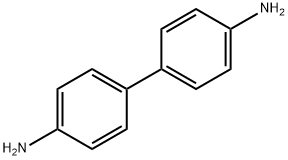
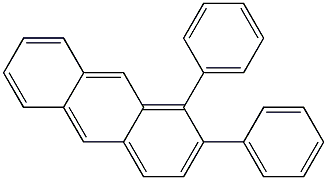
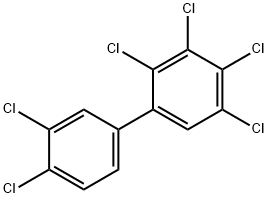



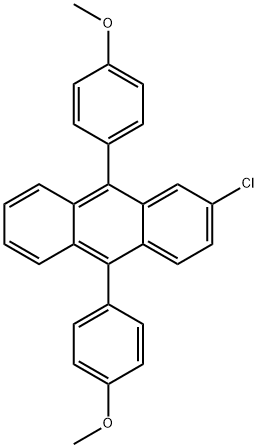
You may like
-
 9,10-Diphenylanthracene (purified by sublimation) CAS 1499-10-1View Details
9,10-Diphenylanthracene (purified by sublimation) CAS 1499-10-1View Details
1499-10-1 -
 9,10-Diphenylanthracene CAS 1499-10-1View Details
9,10-Diphenylanthracene CAS 1499-10-1View Details
1499-10-1 -
 9,10-Diphenylanthracene CAS 1499-10-1View Details
9,10-Diphenylanthracene CAS 1499-10-1View Details
1499-10-1 -
 9,10-Diphenylanthracene CAS 1499-10-1View Details
9,10-Diphenylanthracene CAS 1499-10-1View Details
1499-10-1 -
 9,10-Diphenylanthracene CAS 1499-10-1View Details
9,10-Diphenylanthracene CAS 1499-10-1View Details
1499-10-1 -
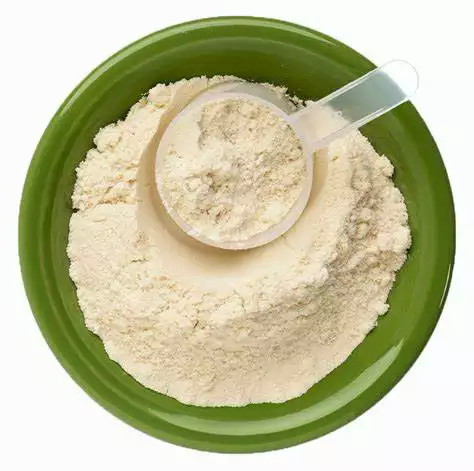 1499-10-1 9,10-Diphenylanthracene 98%View Details
1499-10-1 9,10-Diphenylanthracene 98%View Details
1499-10-1 -
 2-(3-(tert-butyl)phenoxy)-2-methylpropanoic acid 1307449-08-6 98%View Details
2-(3-(tert-butyl)phenoxy)-2-methylpropanoic acid 1307449-08-6 98%View Details
1307449-08-6 -
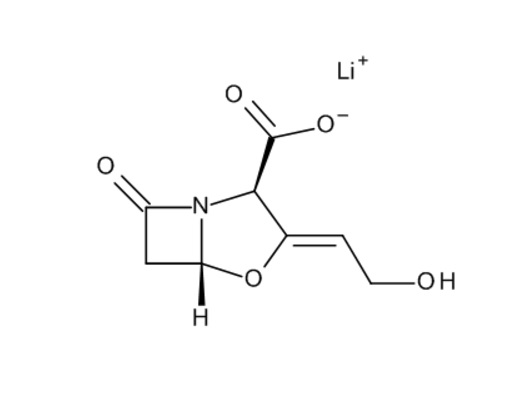 Lithium ClavulanateView Details
Lithium ClavulanateView Details
61177-44-4